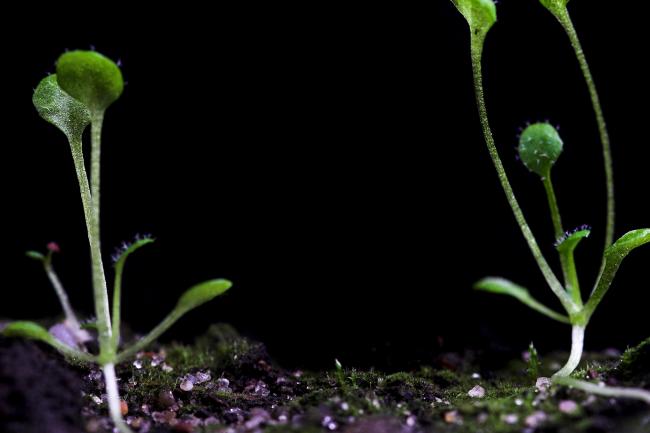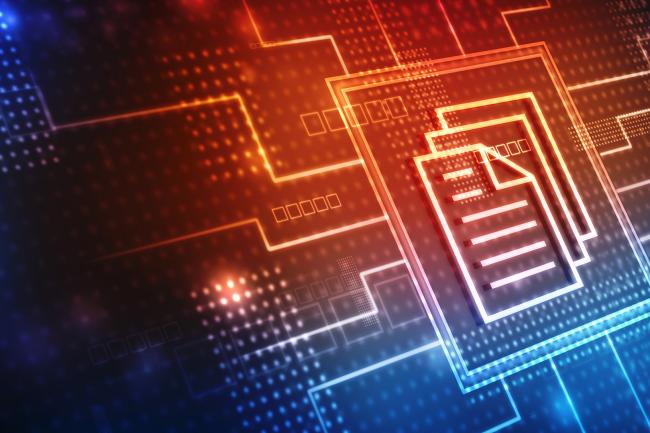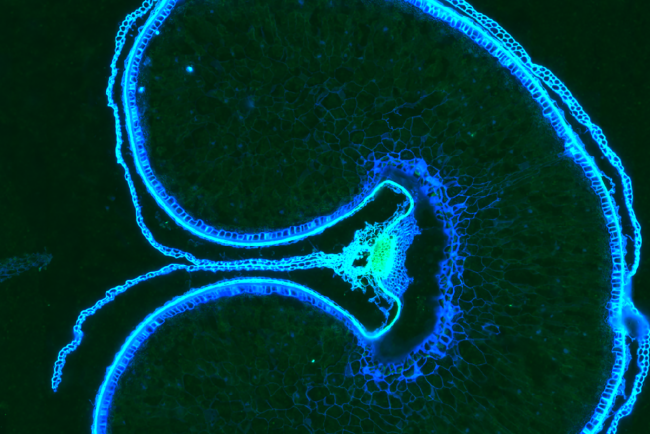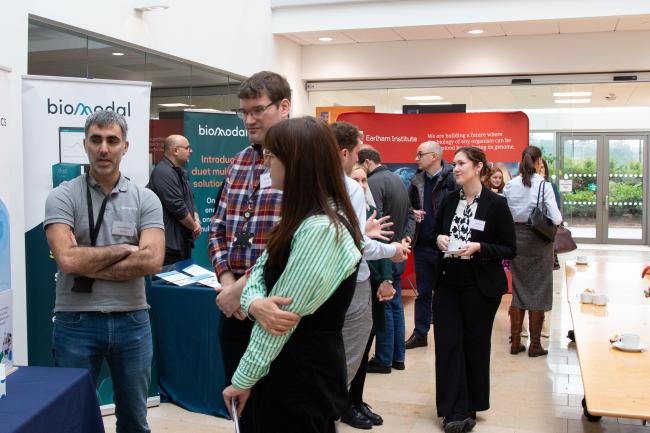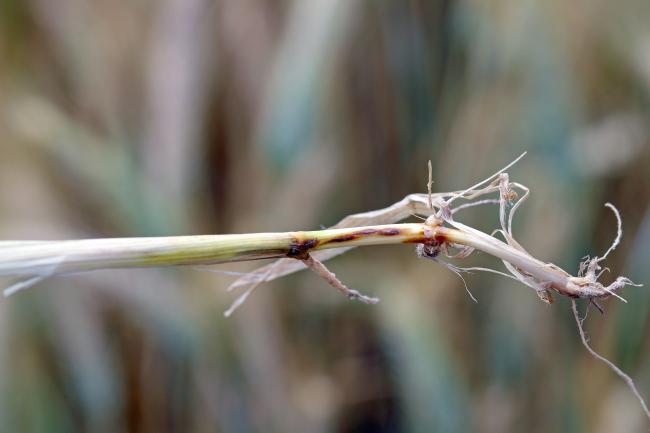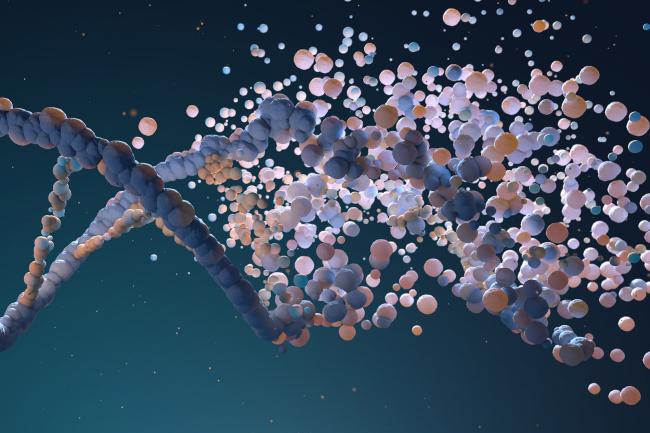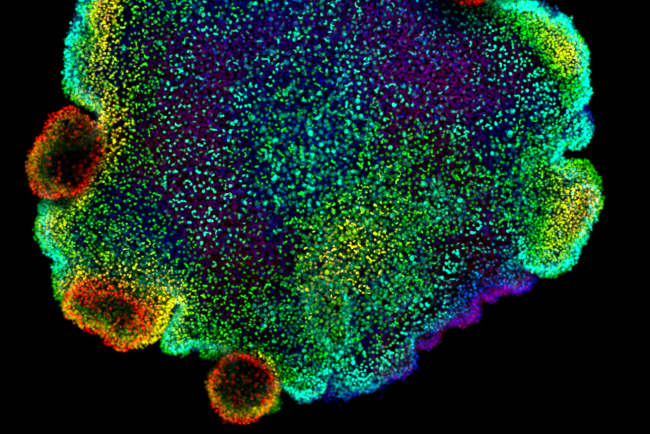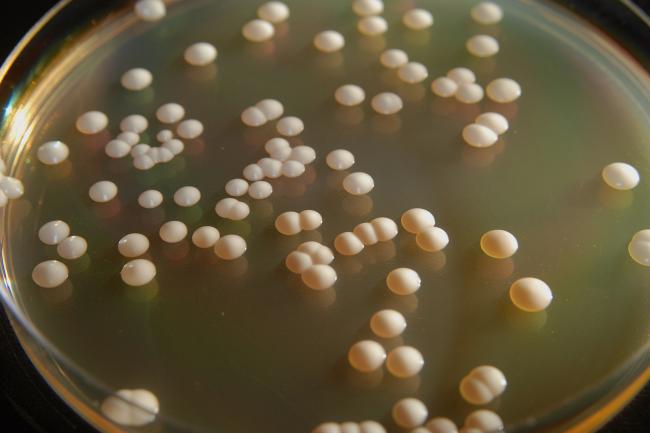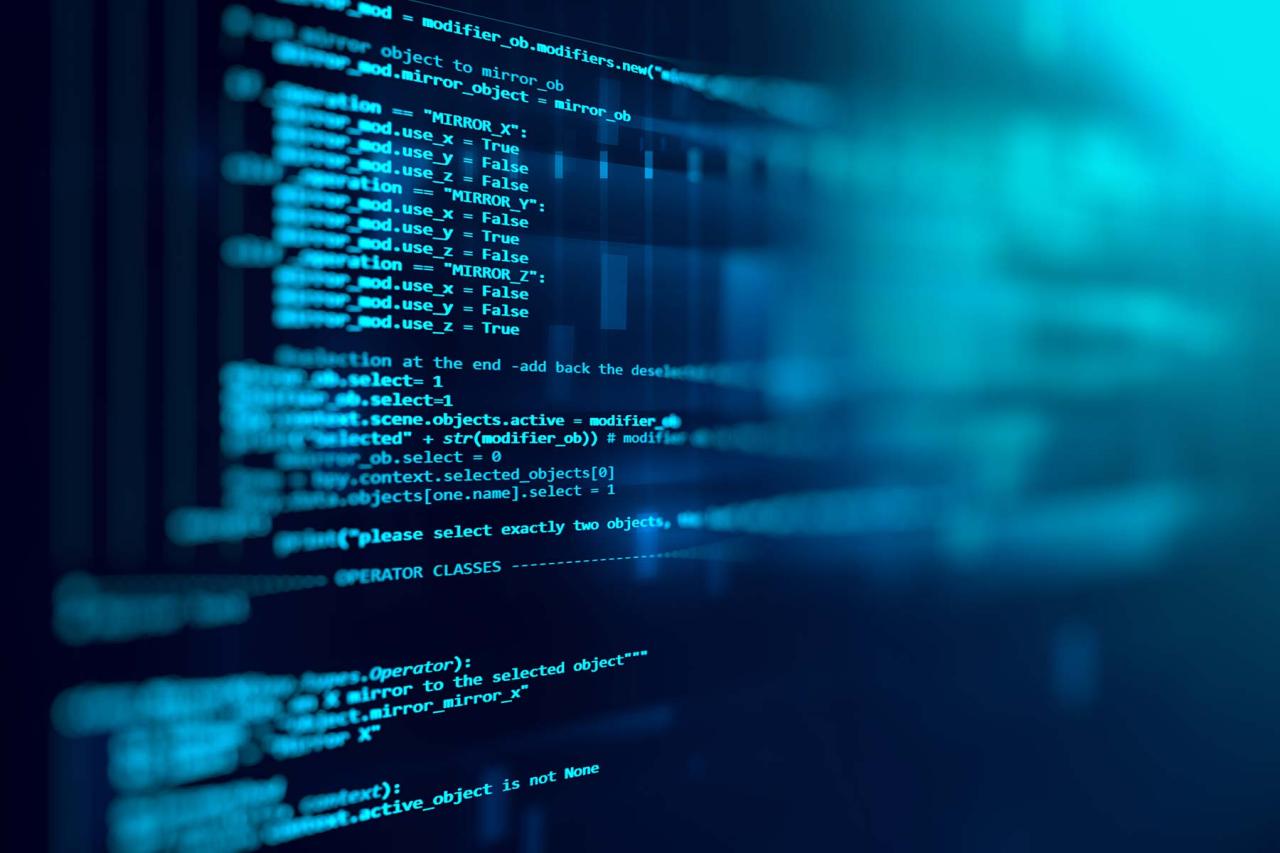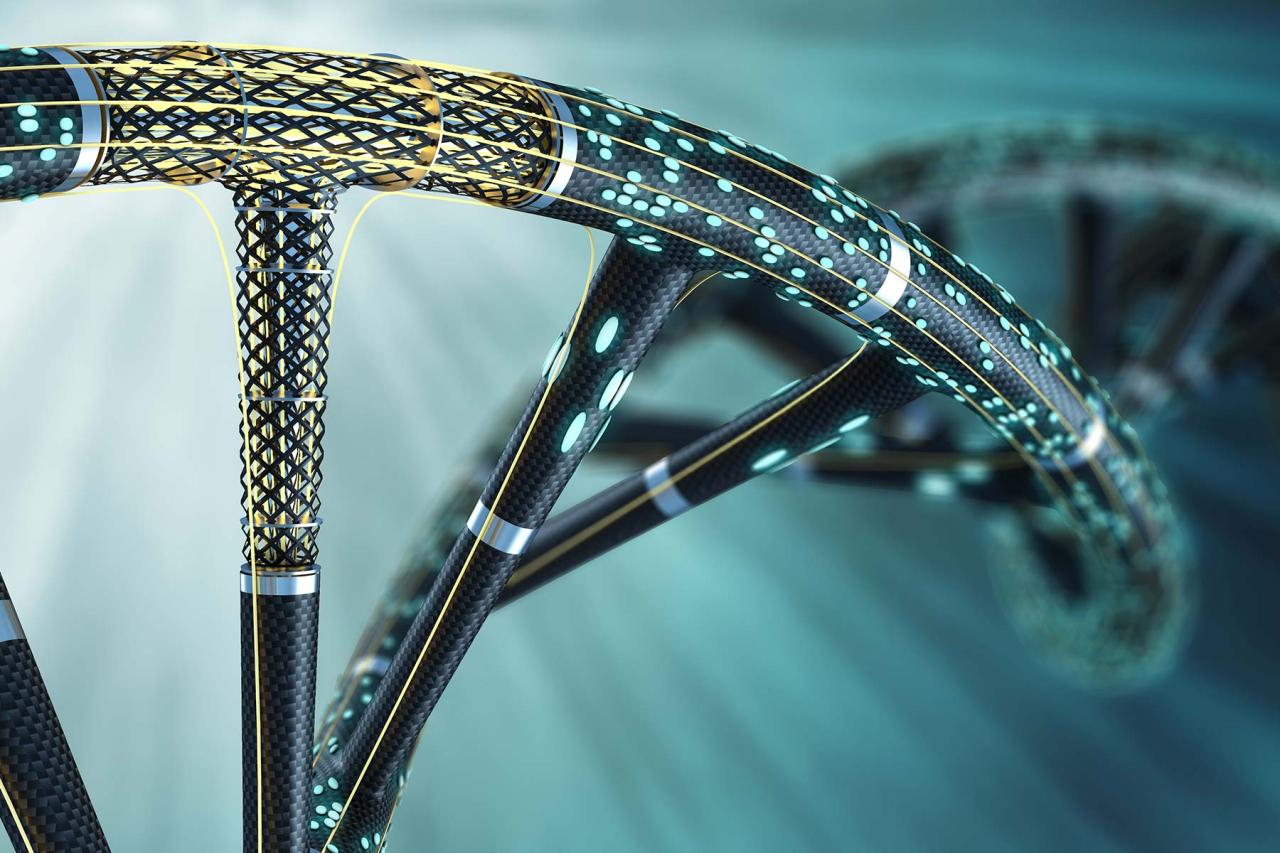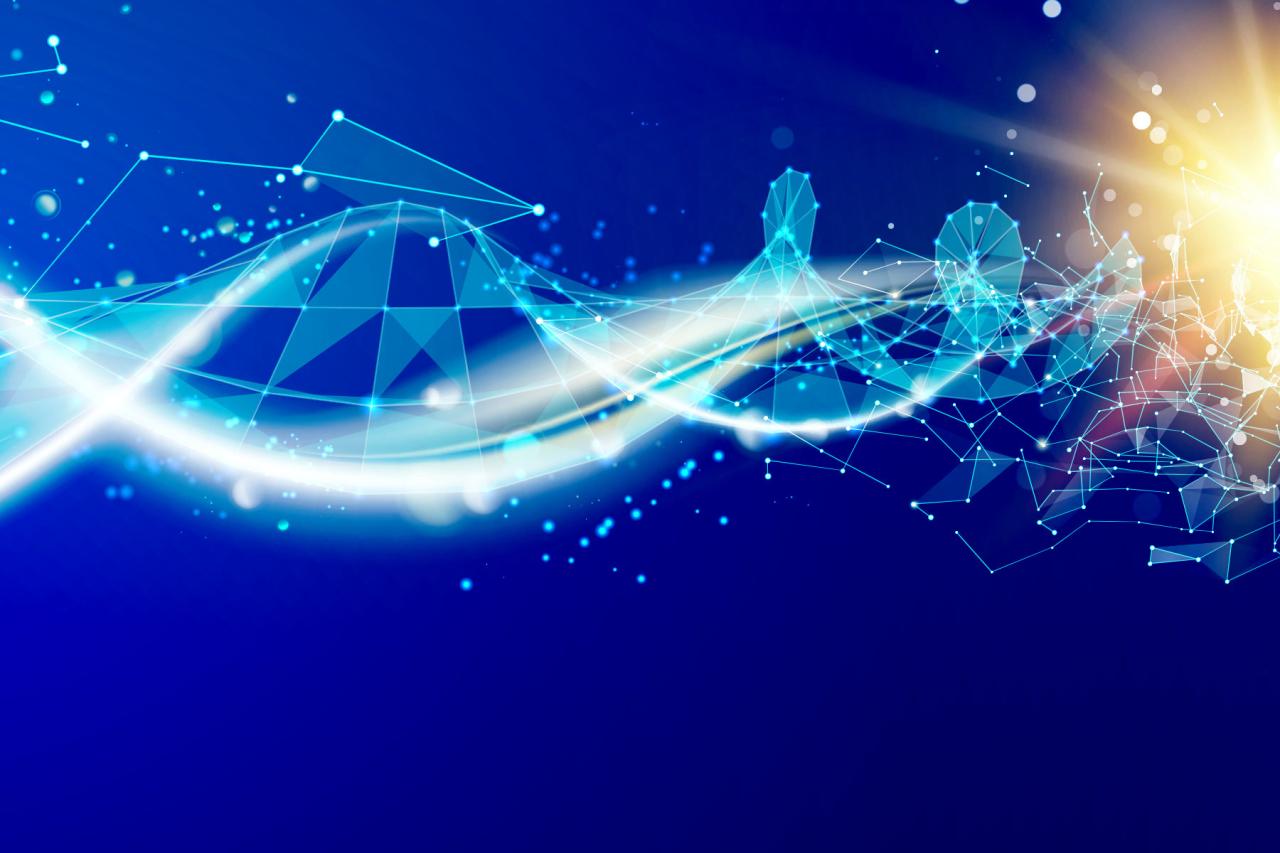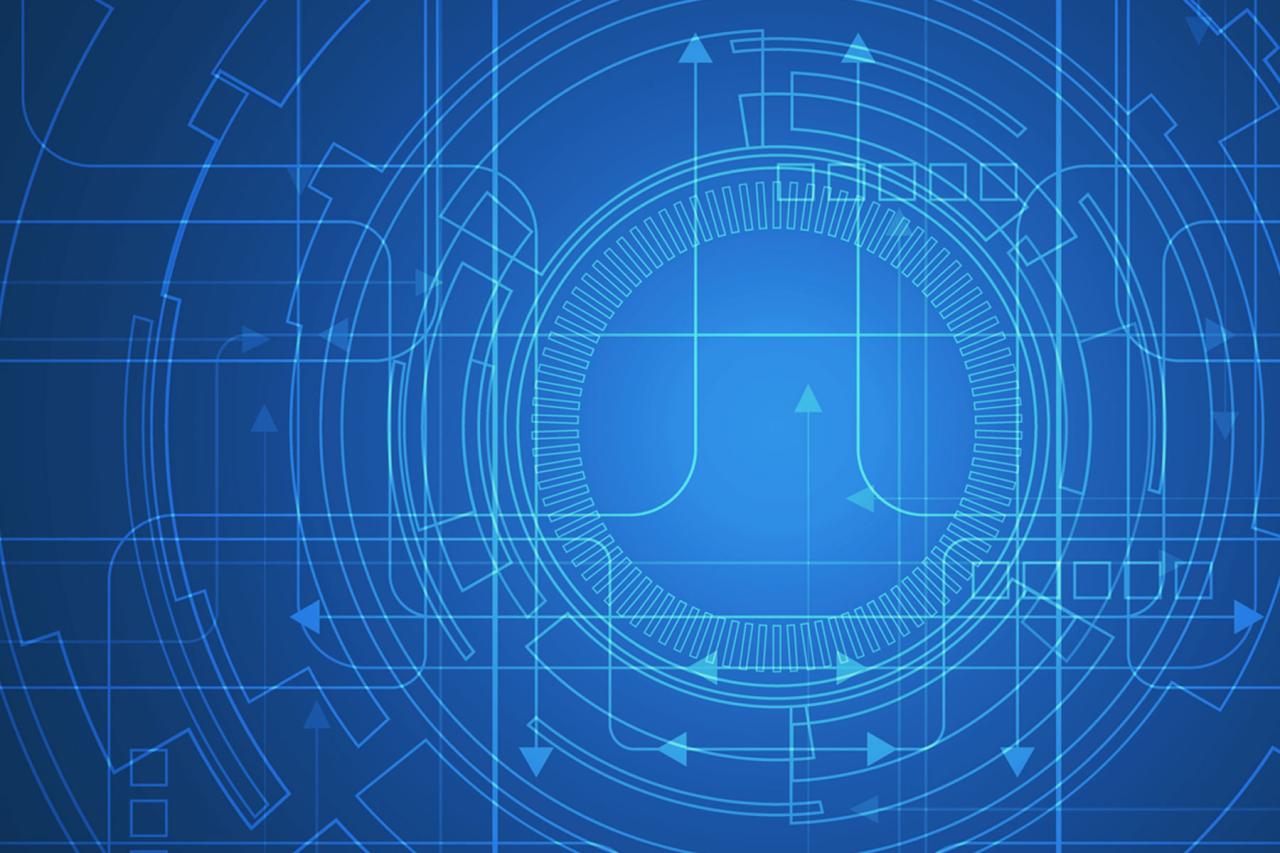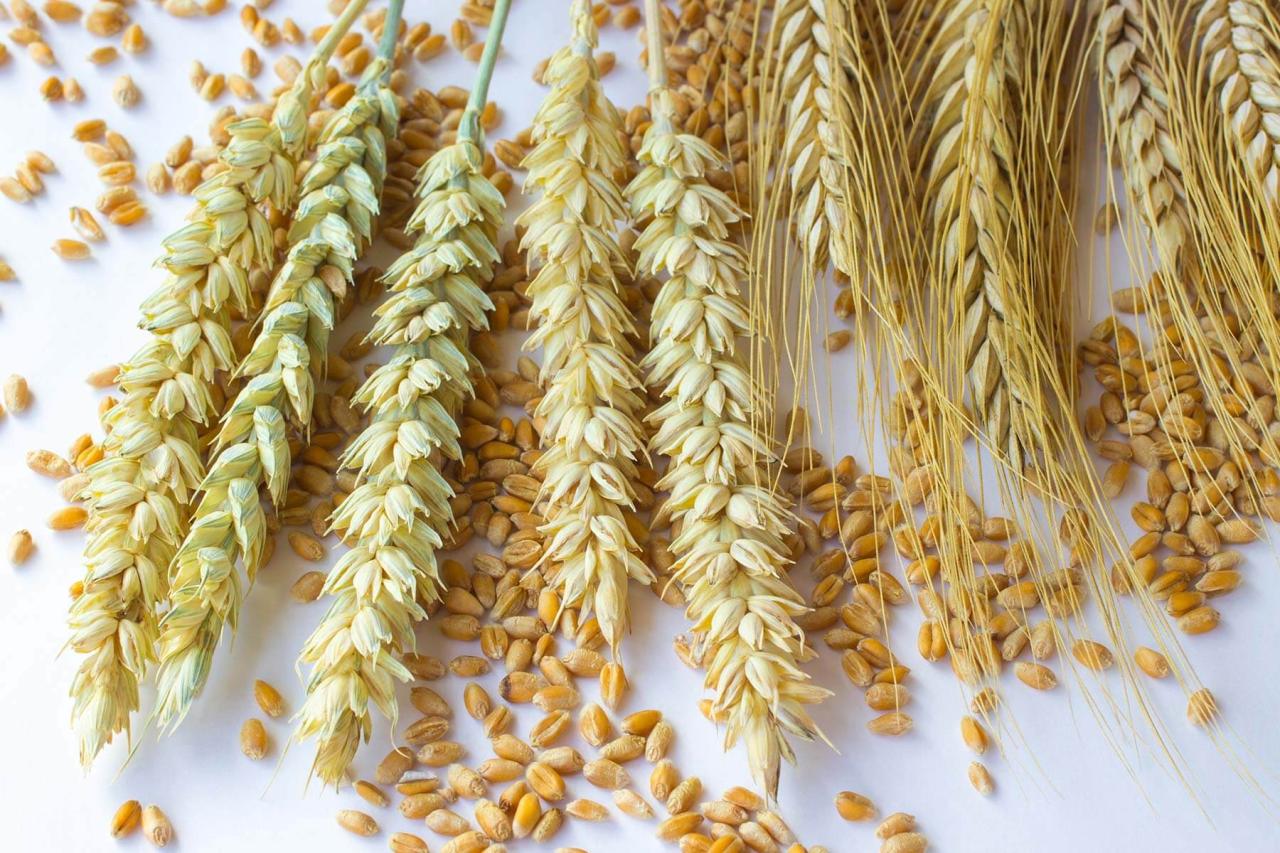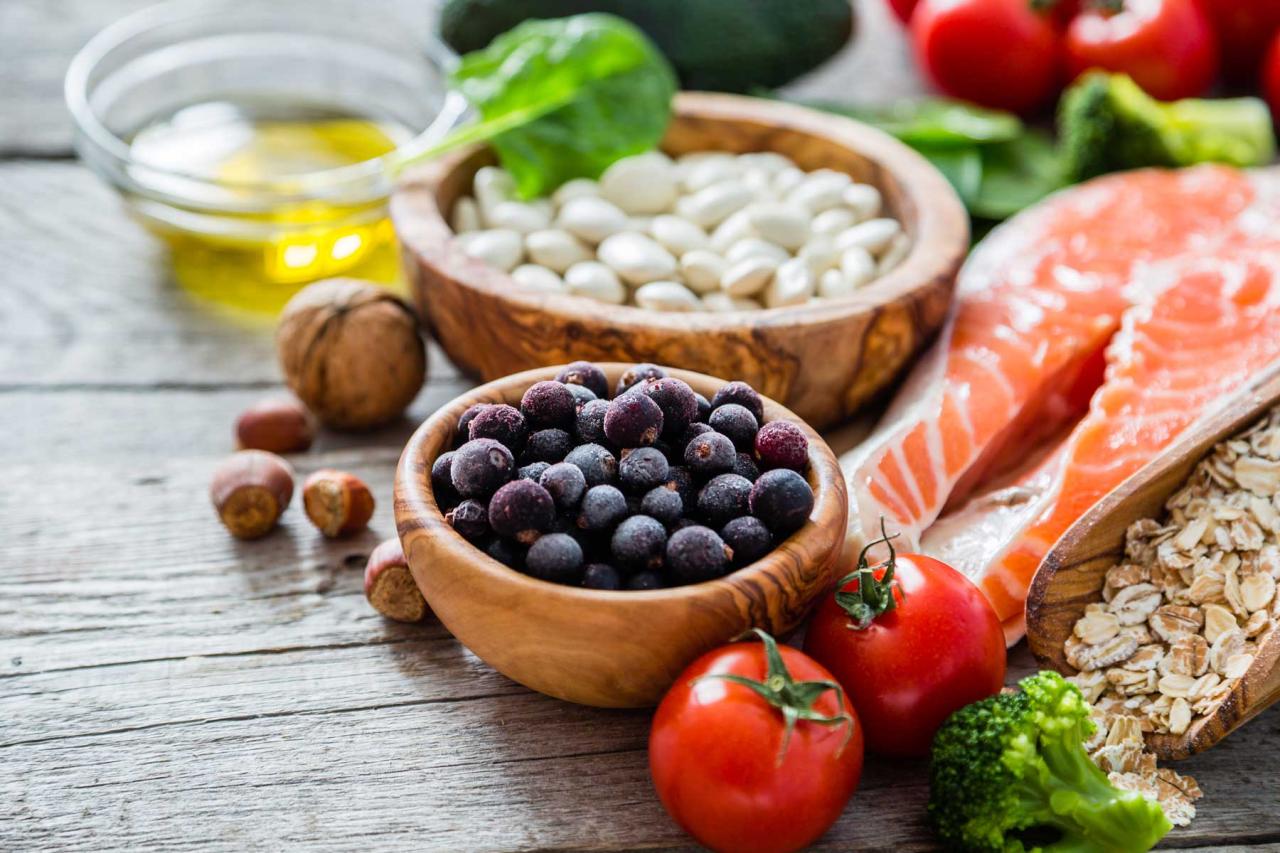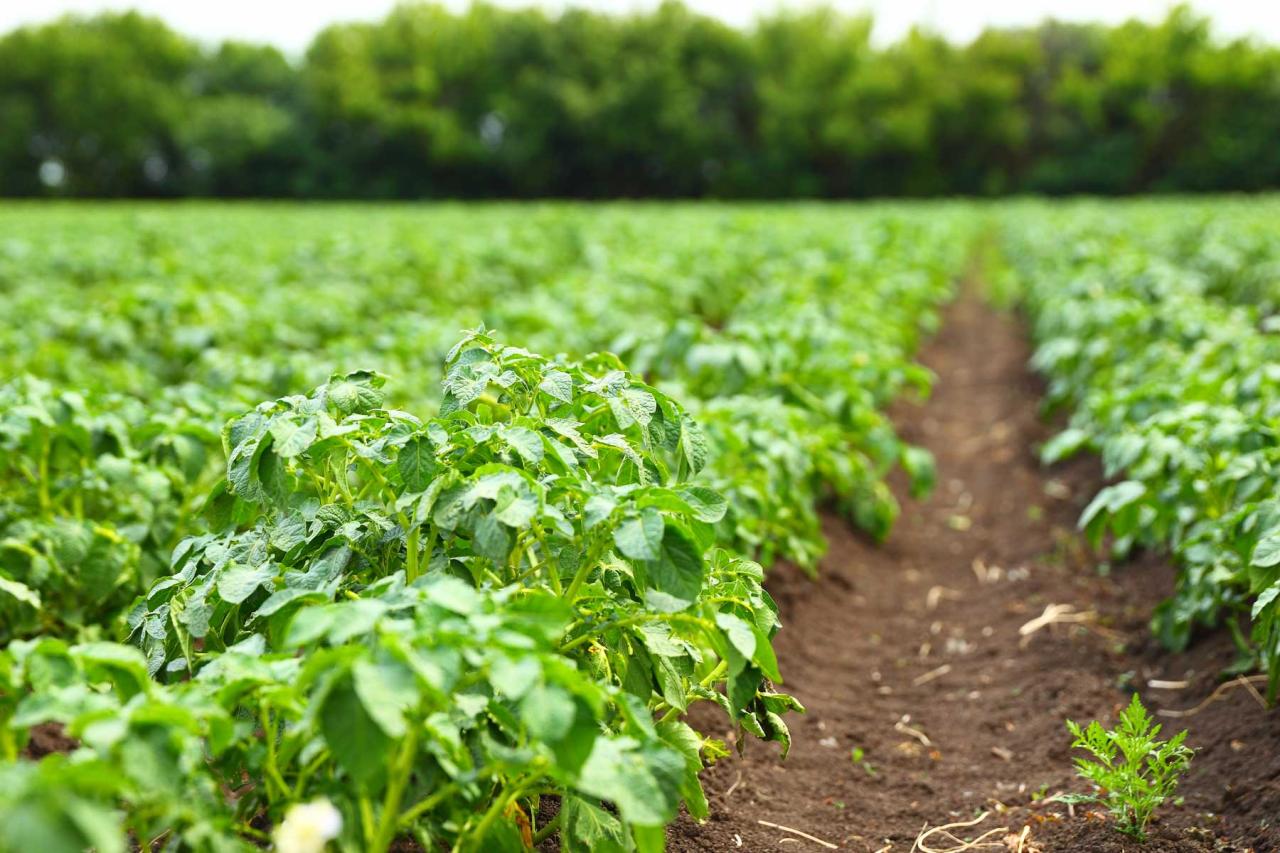Software Carpentry Workshop October 2017
Our goal is to help scientists become more productive by teaching them basic computing skills like program design, version control, testing and task automation.
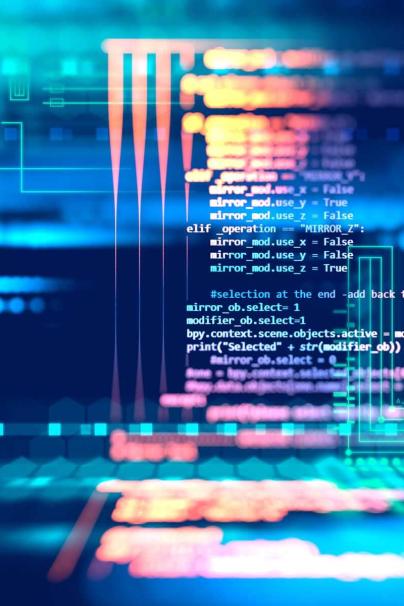
Our goal is to help scientists become more productive by teaching them basic computing skills like program design, version control, testing and task automation.
Important information
Please note, you will be required to bring your own laptop for the purposes of this workshop.
Our goal is to help scientists become more productive by teaching them basic computing skills like program design, version control, testing and task automation. In this two-day bootcamp, short tutorials will alternate with hands-on practical exercises. Participants will be encouraged both to help one another, and to apply what they have learned to their own research problems during and between sessions.
What are the objectives of the course?
You will learn to:
Target Audience
The course is aimed at researchers in the life science and computational science disciplines at all career stages. We particularly encourage students and post-doctoral scientists to attend, but the course is open to everyone.
Prerequisites
This is aimed at trainees with very little or no prior knowledge of programming.
Registration deadline: 05 October 2017
Participation: First come, first served

